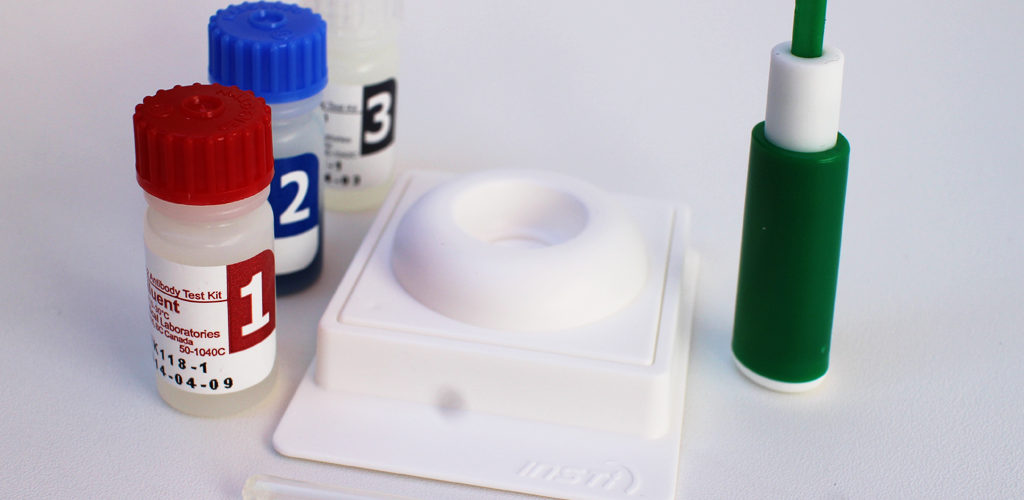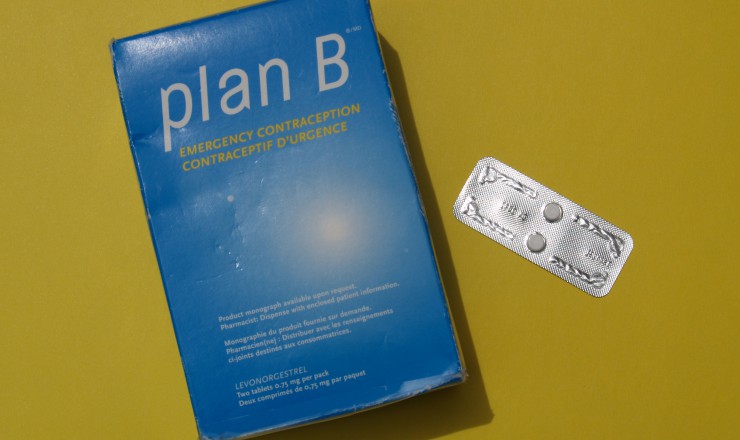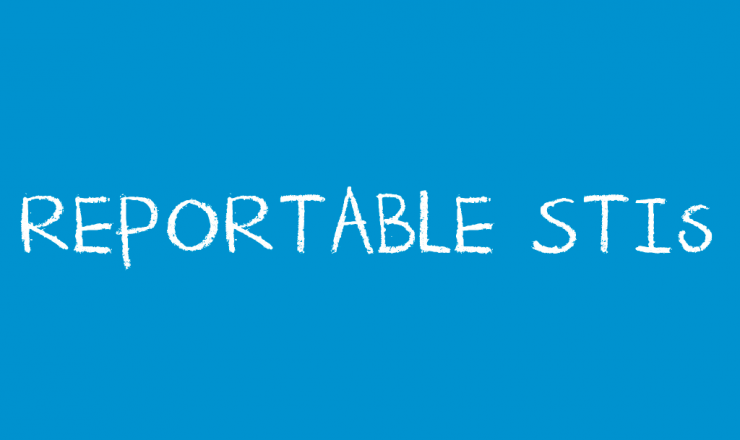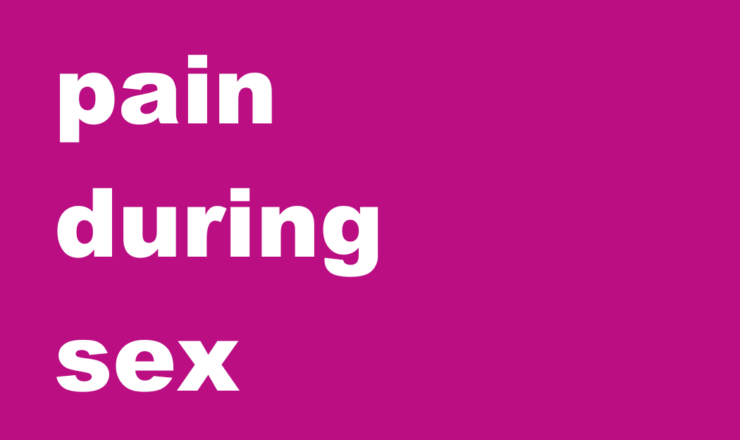HIV/AIDS
What is HIV/AIDS?
- HIV stands for Human Immunodeficiency Virus, a virus that affects the body’s immune system. When the immune system is weakened, the body has less ability to fight off infections. The term “HIV-positive” refers to someone who has HIV.
- HIV is the virus that can lead to AIDS (Acquired Immune Deficiency Syndrome). An HIV-positive person is diagnosed with AIDS when they become ill from certain types of infections (called opportunistic infections) or cancers.
- The amount of time it takes for HIV to progress to an AIDS diagnosis depends on many factors, including financial resources, level of support, and access to healthcare. Someone with HIV can live a long time before being diagnosed with AIDS.
How do you get HIV?
- Anyone can get HIV, regardless of age, gender, race, class or sexual orientation. HIV exists in every country in the world.
- HIV is found in certain bodily fluids of someone who has HIV: semen (cum), vaginal* fluid, anal fluid, blood and breastmilk*.
- You can get HIV if you have unprotected oral, vaginal or anal sex with someone who is HIV-positive or if you share needles with someone who is HIV-positive.
- You can get HIV if you are sharing sex toys with an HIV-positive person and you don’t disinfect the toys or put a new condom on them each time a new person uses the toy.
- An HIV-positive pregnant person may pass the virus to their baby during delivery or through nursing if they don’t have access to or don’t take medications that can prevent this.
- You can get HIV from any unsterilized tools used during activities that cut the skin such as tattooing or piercing.
- You cannot get HIV from mosquitoes or from kissing, hugging, touching, sharing towels or toilet seats.
- You cannot get HIV from touching, kissing, sharing towels, sitting on the toilet or masturbating.
For more information on how STIs are passed on check out Transmitting STIs: An Unwelcome Gift
How do you know if you have HIV?
- The only way to find out is to get tested. HIV does not cause symptoms in most people and can still be passed on even when there are no symptoms.
- About a week after getting the virus, some people may experience flu-like symptoms (fever, aches, sore throat, etc.) and/or a body rash that usually go away within 1-2 weeks.
How can you get tested for HIV?
- An HIV test is a blood test that looks for antibodies, a substance that the body produces in response to the HIV virus.
- The time between your possible exposure to HIV (eg. unprotected sexual activity) and when you can get an accurate test result is called a “window period.” Most people who have been exposed to HIV will develop enough antibodies for an accurate test result about 4-5 weeks after the exposure.
- However, because some people may take up to 3 months after possible exposure to produce enough antibodies for an accurate result, the window period for an HIV test is 3 months. This means that if you get a negative test result before the 3 month window period has passed, you may be asked to return for re-testing.
- This also means that the HIV test doesn’t test you for any unprotected sex you had during the 3 month window period.
- There are 2 different kinds of HIV tests:
Standard
- Blood is drawn by needle and sent to a lab where it is tested for antibodies to HIV. Getting this test usually takes about 30 minutes.
- About 2 weeks later, you come back to get your results.
- The lab will also do a P24 antigen test on the blood sample, which can detect an antigen that develops in your body 2-3 weeks after you got HIV and disappears as your body develops antibodies. People who are experiencing flu-like symptoms and/or a body rash or who have had unprotected sex with someone they know to be HIV-positive should get a standard test 3-4 weeks after they were exposed.
Rapid/Point of Care (POC):
- Blood is drawn by a finger prick and tested on the spot. This procedure usually takes about 40 minutes.
- Results will be given to you during the same visit.
- If the test result is positive, a standard blood draw is done as described on the previous page to confirm the positive result.
- A clinician should always get your consent before testing you.
- Both tests are 99.5% accurate for any sexual acts/shared needle use that took place more than 3 months prior to having the test.
For more information on testing for STIs, check out The Real Facts About STI Testing.
Where can you get tested for HIV?
- Planned Parenthood Toronto offers anonymous HIV testing for youth ages 13-29. Call 416-961-0113 for more info.
- Call the AIDS & Sexual Health Info line for a list of HIV testing sites at 1-800-668-2437. You can also get tested by your family doctor.
- Ask the clinic which kind of testing they offer:
- Nominal testing: There will be a record of your test and test result will have your name on it. If you need a written record of your test, get a nominal test.
- Anonymous testing: Your test results cannot be traced to you. You do not have to give your real name, address, phone number or health card number.
What if you test negative for HIV?
- If your HIV test result is negative, it means you did not have HIV antibodies at the time of the test. However, if you were tested before the 3 month window period has passed, you may be asked to come back and be re-tested.
What if you test positive for HIV?
- If your HIV test result is positive, it means you have HIV. A positive result does not mean that you have AIDS. It does not tell you when you got it or if you will develop AIDS. It means that you can carry the virus in your blood, breastmilk, anal fluid, semen or vaginal fluids and can pass it to others through unprotected sex or sharing needles. Pregnant people can pass the virus on to their fetus during pregnancy or their baby while nursing.
- Being HIV-positive isn’t the end of your sex or love life. There is a lot of sexual health/relationship support for HIV-positive people.
- HIV is a reportable infection. This means that if you test positive for HIV, you may be called by a public health nurse to get contact information for current and past sexual partners so that those people may be encouraged to get tested. Your name is not disclosed when a sexual partner is contacted. However, if you have been tested for HIV anonymously, public health will not be able to contact you or your sexual partners.
How is HIV treated?
- There is currently no cure for HIV. There are, however, ways to slow down the progression of the virus and to deal with the specific health issues that may arise from HIV and AIDS.
How can you lower your risk of getting HIV and/or passing it on to your partner(s)?
- Make informed decisions. Talk to your partner(s) about STIs and the use of safer sex tools.
- Use condoms on penises or dildos for vaginal or anal sex, use latex gloves for finger play and fisting, and use condoms/dams for oral sex to lower your chances of getting or transmitting HIV.
- If you are HIV-positive, talk to your clinician about taking medications that can reduce the risk of transmission.
- If you are HIV-positive, there are laws around disclosure (telling your sexual partners you are HIV-positive) and sexual activity. For more information, visit www.halco.org.
- For info on where to get clean drug use equipment, visit Toronto Public Health’s website.
For information on how to protect yourself and your partners, check out Protecting Yourself and Your Partners From STIs.
Partner notification
- If you are diagnosed with HIV, it is important that you or someone from the public health department notify your past sexual partners so they can be tested and treated. For more information on partner notification, check out Telling Your Partner You Have an STI.
For a downloadable resource on this topic, please visit Planned Parenthood Toronto Factsheet Database.
If you have questions about this topic, feel free to contact one of our peer educators. [Link]
*We know that these aren’t the words everyone uses for their bodies (eg. trans folks), and support you using the language that feels best for you.
Last Edited: May 2020






